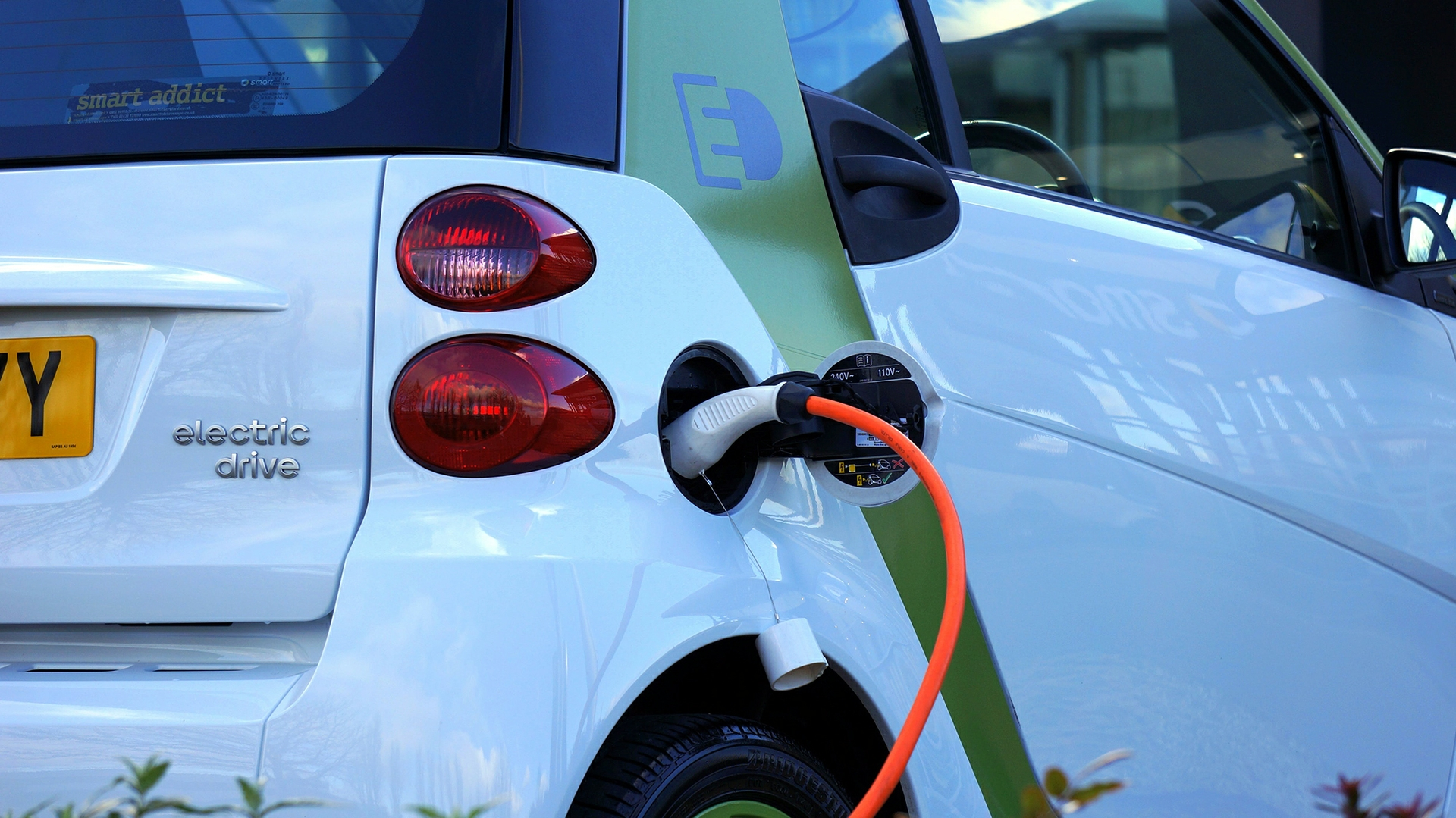these of course come with their own tradeoffs, but you take what you can get
It seems that the most significant part of this news is the enhancement in detecting atmospheric CO2 concentration in a large urban area. Being able to measure more accurately and precisely will allow better evaluation of mitigation strategies.
Better bike infrastructure would reduce it even more.
Bikes, unfortunately, won’t help many people with their commutes. The drive alone can be over and hour, often several hours. I’m sure some people could bike that, but most people would rather not do that twice a day.
Better public transportation as a whole could be helpful though. BART has been improving over time, but it’s hard to say that it’s enough (or that it ever will be at this rate).
There are no solutions that involve personal car ownership. Appealing to entitlment just makes it worse, will it be inconvenient? Yes, but the only other option is the collapse of civilisation.
Here’s the IPCC https://mass.streetsblog.org/2022/04/22/international-climate-report-demands-systemic-changes-to-transportation-and-urban-planning/
but also makes clear that simply replacing gasoline with batteries won’t be enough: cities must also dramatically curtail the use of automobiles and avoid “locking in” future emissions with more car-dependent infrastructure.
“I see no way out of revolutionary changes to how we live today … it is too late for non-radical futures” - Professor Kevin Anderson
https://social.rebellion.global/@ScientistRebellion/110235597189756736





